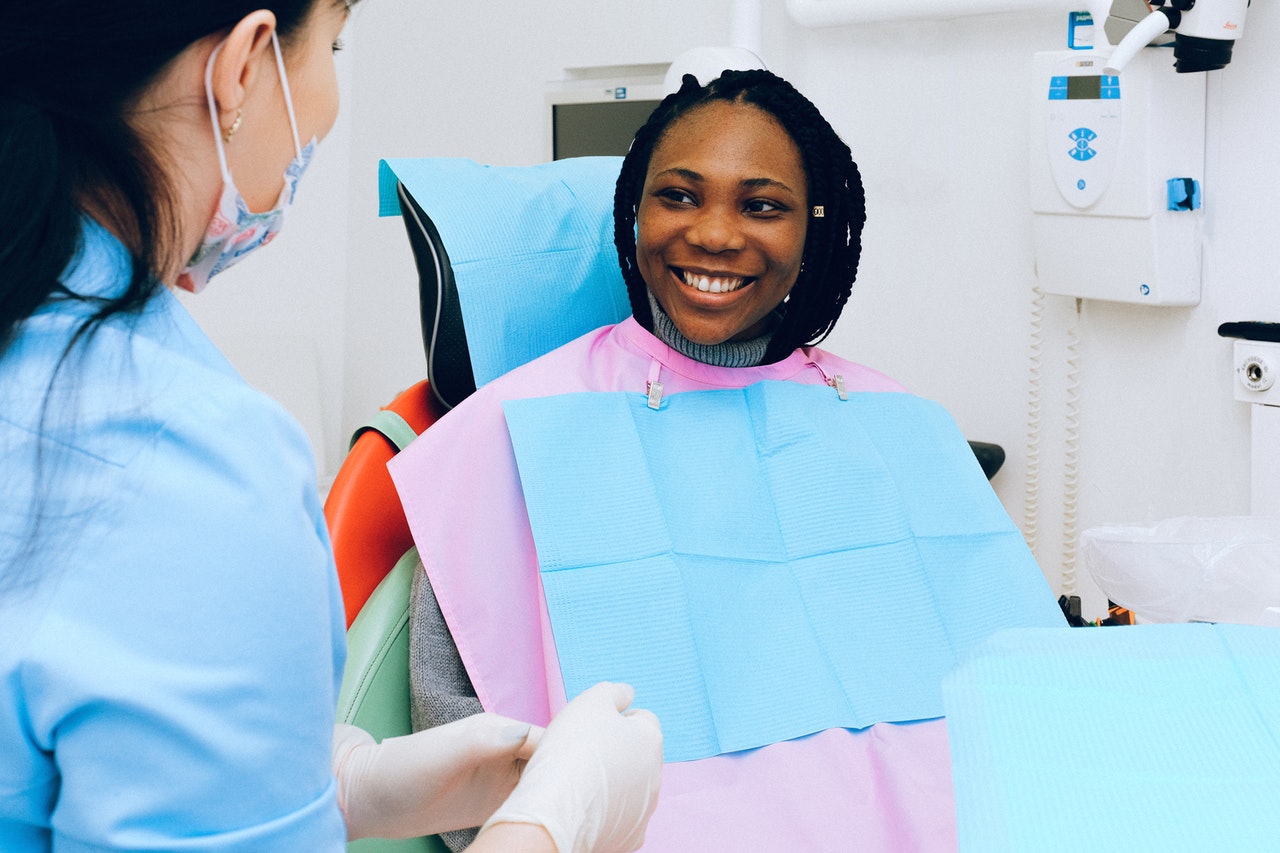The article discusses the importance of finding a pediatric dentist in AIEA HI and providing information on what to expect when you visit. It also lists some questions to ask before going to get an appointment, as well as some considerations for the dental office itself.
Understanding Pediatric Dentist
Pediatric dentists are experts in caring for children and teenagers. They understand the needs of children and can help them achieve healthy teeth and gums.
Some common services pediatric dentists may provide include:
-Examining a child’s teeth to check for dental problems and recommend appropriate treatment
-Treating cavities and other oral health issues
-Providing guidance on oral hygiene habits
-Helping children develop good oral habits early on in life so their teeth and gums stay healthy into adulthood
-Assisting with tooth extractions if necessary
It’s important to remember that pediatric dentists are not always familiar with the special needs of children. If your child has any questions or concerns, ask the dentist whether they can refer you to a specialist or nurse who is more knowledgeable about pediatric dentist care.
When Should You See a Dentist?
The American Dental Association recommends that children have their first dentist visit by the age of three. By age six, most children should have had a thorough oral health examination by a dentist, including a check of their teeth and gums, a survey of their bite alignment, and a review of any dental problems.
If your child has been having any significant dental problems, or if you’re concerned about their oral health, it’s important to schedule an appointment with a pediatric dentist as soon as possible. During your child’s appointment, the dentist will discuss your child’s history and examine their teeth and gums. If there are any concerns, the dentist may perform a dental exam and X-ray to rule out any dental issues.
There isn’t one right answer when it comes to when your child should see a dentist. However, following these guidelines will help ensure that your child is getting the best care possible.
What to Expect From Your Child’s Initial Dental Visit
When your child is first scheduled to see a dentist, be prepared for some initial anxiety. Kids are often apprehensive about visiting a doctor or other healthcare professional, but their dentists are generally considered to be experts in oral health care. Here’s what to expect during your child’s first dental visit:
Your child will likely arrive at the dentist’s office wearing a comfortable outfit and accompanied by a parent or guardian. The dental team will review your child’s medical history and assessment and determine which procedures (if any) will be necessary during the visit. Your child may also undergo X-rays or other imaging tests to determine the extent of damage to his/her teeth and gums.
Once all the necessary information has been gathered, your dentist will give you an estimated timeline for the various procedures involved in repairing or restoring your child’s teeth. Treatment generally begins with cleaning and removal of plaque and tartar buildup before any dental work is done. If necessary, fillings, crowns, bridges or other restoration procedures may be performed at this stage.
Your child will likely spend most of the appointment sitting in a dental chair while the team works on his/her teeth. Occasionally, sedation or medication may be needed to prevent discomfort during these procedures.
Baby Teeth: A Look at Baby and Children’s Dental Health
Pediatric dentists care for children and adolescents from birth to age 18. The American Dental Association (ADA) recommends that children have a dental examination and cleaning by a pediatric dentist as soon as their first baby tooth appears. This is especially important if there is any sign of decay or gum disease in your child’s teeth or gums.
During this initial visit, the pediatric dentist will inspect your child’s teeth and gums for signs of decay, gum disease, and oral health problems. They may also take x-rays to determine the extent of any dental problems. If necessary, the pediatric dentist may refer your child to a specialist for further evaluation or treatment.
Some of the common dental concerns that pediatric dentists care for include:
Tooth decay – Decay can develop when food and drinks accumulate on the tooth surface over time. Baby teeth are particularly at risk for decay because they are not strong enough to resist decay until they reach adult size. To prevent tooth decay, make sure your baby gets regular cleaning and visits to the dentist.
Gum disease – Gum disease is an infection of the gum tissue that can lead to tooth loss and other health problems. It can be caused
How Soon Will My Child Need a Bridge or an Implant?
Pediatric dentists often recommend bridge preparations and implant treatments starting at around age two or three. This is based on the fact that children’s teeth begin to form around this age and their bite may not be in alignment yet. If your child’s teeth are already out of alignment, a bridge may not be possible.
Your pediatric dentist will take X-rays and perform a thorough exam to determine if your child needs any type of dental treatment. They will then provide you with a treatment plan that takes into account your child’s age, bite, dental history, and other health issues. Depending on the type of treatment your child requires, you may be required to come in for regular visits or even have the treatments done at the dentist’s office.
If you’re worried about what to expect during your child’s dental visit, don’t be. Your pediatric dentist will go over all of the details with you and make sure you’re as comfortable as possible.
Conclusion
Pediatric dentists use a variety of techniques, including fillings, extractions, root canals, and balanitis xerotica lobularis (BL), to correct problems and restore tooth function. Be sure to schedule an appointment with a pediatric dentist if there is any sign of dental decay or gum disease in your child.

